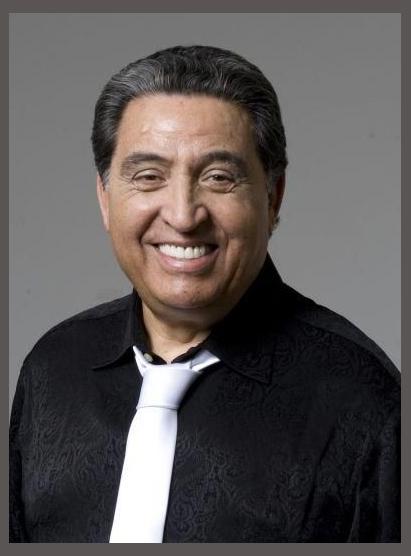 Mario Trevi
Mario Trevi
Mario Trevi: The Heartfelt Voice Behind the Neapolitan Classic
Introduction
Mario Trevi, a name synonymous with Neapolitan folk music, captivated hearts with his soulful rendition of "Te Voglio Bene Assaje." This passionate ballad became an instant classic, transcending geographical and cultural boundaries. Trevi's journey as an artist was marked by challenges, controversies, and a remarkable discography that left an enduring legacy in the world of Italian music.
Early Life and Challenges
Born in Gragnano, Italy, in 1941, Trevi's passion for music blossomed from a young age. Despite his humble beginnings, he faced numerous obstacles on his path to stardom. Poverty and lack of formal training did not deter him, and he honed his craft by performing in local festivals and clubs.
Controversies and Triumphs
Trevi's rise to fame was not without its controversies. In 1970, he was involved in a legal battle over the rights to "Te Voglio Bene Assaje," which had been attributed to another songwriter. Despite the challenges, the song's popularity soared, and Trevi's reputation as a gifted singer and songwriter was solidified.
Discography
Over the course of his career, Trevi released numerous albums and singles that showcased his versatility and range. His debut album, "Mario Trevi," released in 1970, featured the iconic "Te Voglio Bene Assaje." Other notable works include:
* "Canzoni Napoletane" (1971)
* "Torna a Surriento" (1972)
* "'O Surdato 'nnammurato" (1974)
* "Serenata Napoletana" (1975)
Members and Legacy
Mario Trevi's band typically consisted of the following members:
* Mario Trevi: Vocals
* Antonio Buono: Accordion
* Antonio Calzone: Guitar
* Nello Russo: Bass
* Angelo Pugliese: Drums
The band's unique sound was characterized by Trevi's soulful vocals, the accordion's infectious melodies, and the rhythmic accompaniment of guitar, bass, and drums.
Trevi's music continues to resonate with audiences worldwide, touching hearts with its authenticity and emotional depth. His legacy as a master of Neapolitan folk music endures, and his songs continue to evoke the spirit and passion of the Italian south.
Introduction
Mario Trevi, a name synonymous with Neapolitan folk music, captivated hearts with his soulful rendition of "Te Voglio Bene Assaje." This passionate ballad became an instant classic, transcending geographical and cultural boundaries. Trevi's journey as an artist was marked by challenges, controversies, and a remarkable discography that left an enduring legacy in the world of Italian music.
Early Life and Challenges
Born in Gragnano, Italy, in 1941, Trevi's passion for music blossomed from a young age. Despite his humble beginnings, he faced numerous obstacles on his path to stardom. Poverty and lack of formal training did not deter him, and he honed his craft by performing in local festivals and clubs.
Controversies and Triumphs
Trevi's rise to fame was not without its controversies. In 1970, he was involved in a legal battle over the rights to "Te Voglio Bene Assaje," which had been attributed to another songwriter. Despite the challenges, the song's popularity soared, and Trevi's reputation as a gifted singer and songwriter was solidified.
Discography
Over the course of his career, Trevi released numerous albums and singles that showcased his versatility and range. His debut album, "Mario Trevi," released in 1970, featured the iconic "Te Voglio Bene Assaje." Other notable works include:
* "Canzoni Napoletane" (1971)
* "Torna a Surriento" (1972)
* "'O Surdato 'nnammurato" (1974)
* "Serenata Napoletana" (1975)
Members and Legacy
Mario Trevi's band typically consisted of the following members:
* Mario Trevi: Vocals
* Antonio Buono: Accordion
* Antonio Calzone: Guitar
* Nello Russo: Bass
* Angelo Pugliese: Drums
The band's unique sound was characterized by Trevi's soulful vocals, the accordion's infectious melodies, and the rhythmic accompaniment of guitar, bass, and drums.
Trevi's music continues to resonate with audiences worldwide, touching hearts with its authenticity and emotional depth. His legacy as a master of Neapolitan folk music endures, and his songs continue to evoke the spirit and passion of the Italian south.